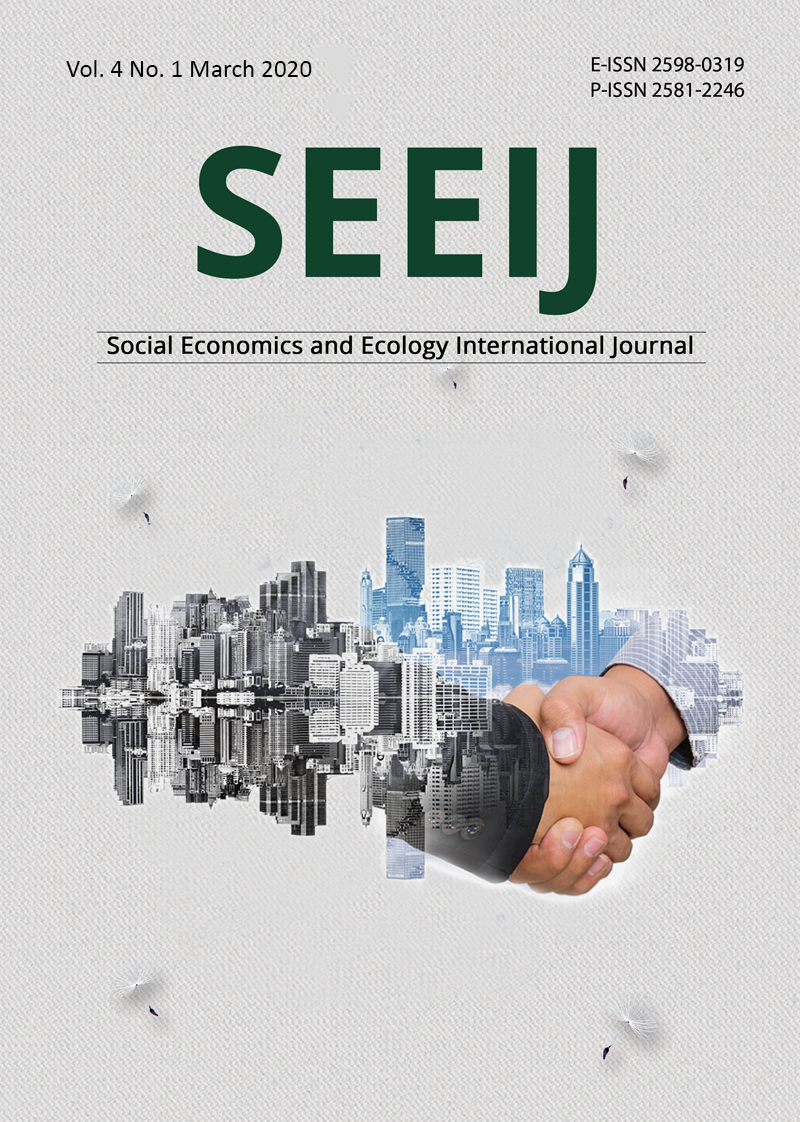Distance Learning at Future Stars Kindergarten
DOI:
https://doi.org/10.21512/seeij.v4i1.7352Keywords:
learning, technology, video call, onlineAbstract
The Covid-19 pandemic, which began to spread in Indonesia since March 2020, has made many activities to take place at home. The government asks all Indonesians to work from home, worship from home, and learn from home. This is done so that the virus does not spread and cause even greater casualties. Learning from home is one way to prevent students from the dangers of the Covid-19 virus. Starting from the level of early childhood education to higher education are required to carry out distance learning using technology assistance such as video calls with Hangouts, Zoom, Skype, and Webex. Future Stars Preschool also has to do distance learning using the video call method and each parent is asked to prepare their child at home so they can take online classes with written material that has been prepared in advance. Parents are also asked to take photos of their children doing homework to be emailed and the materials that have been done are sent to school at the end of the period. Schools must determine what video call application to use so that each child can take part in distance learning, as well as the method of delivering material to each child. The applications used should be easy and not burdensome for parents, and also the delivery or processing of materials can be easier for early childhood children.
References
https://tanyadigital.com/11-aplikasi-video-conference-terbaik-untuk-kerja-atau-bisnis/
Nakayama M, Yamamoto H, & S. R. (2007). The Impact of Learner Characterics on Learning Performance in Hybrid Courses among Japanese Students. Elektronic Journal ELearning, Vol.5(3)
Downloads
Published
How to Cite
Issue
Section
License

This work is licensed under a Creative Commons Attribution-NonCommercial 4.0 International License.
The Authors submitting a manuscript do so on the understanding that if accepted for publication, copyright of the article shall be assigned to SEEIJ Community Development Academic (CDA) Bina Nusantara University as publisher of the journal.
Copyright encompasses exclusive rights to reproduce and deliver the article in all form and media, including reprints, photographs, microfilms and any other similar reproductions, as well as translations. The reproduction of any part of this journal, its storage in databases and its transmission by any form or media, such as electronic, electrostatic and mechanical copies, photocopies, recordings, magnetic media, etc., will be allowed only with a written permission from SEEIJ Community Development Academic (CDA) Bina Nusantara University.
SEEIJ Community Development Academic (CDA) Bina Nusantara University, the Editors and the reviewer make every effort to ensure that no wrong or misleading data, opinions or statements be published in the journal. In any way, the contents of the articles and advertisements published in the SEEIJ are sole and exclusive responsibility of their respective authors and advertisers.

This work is licensed under a Creative Commons Attribution-NonCommercial 4.0 International License.









